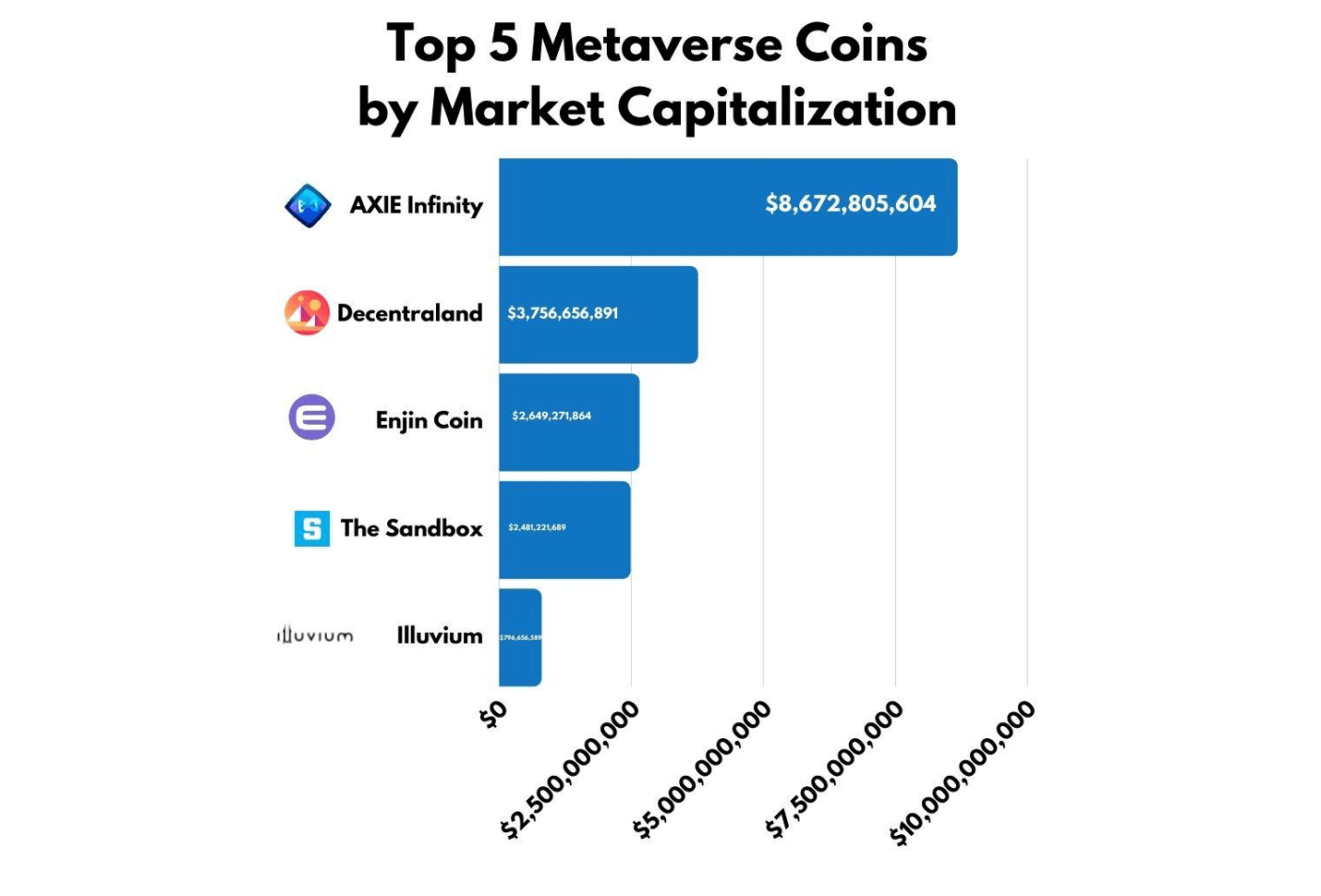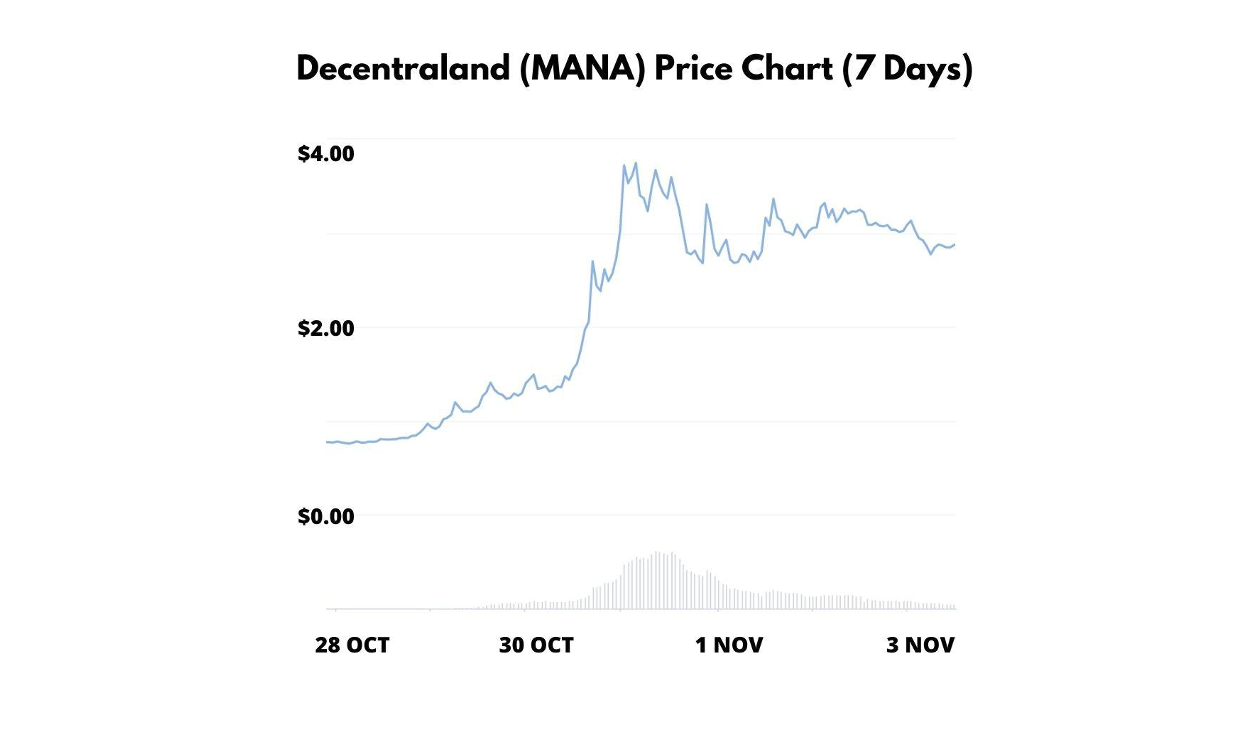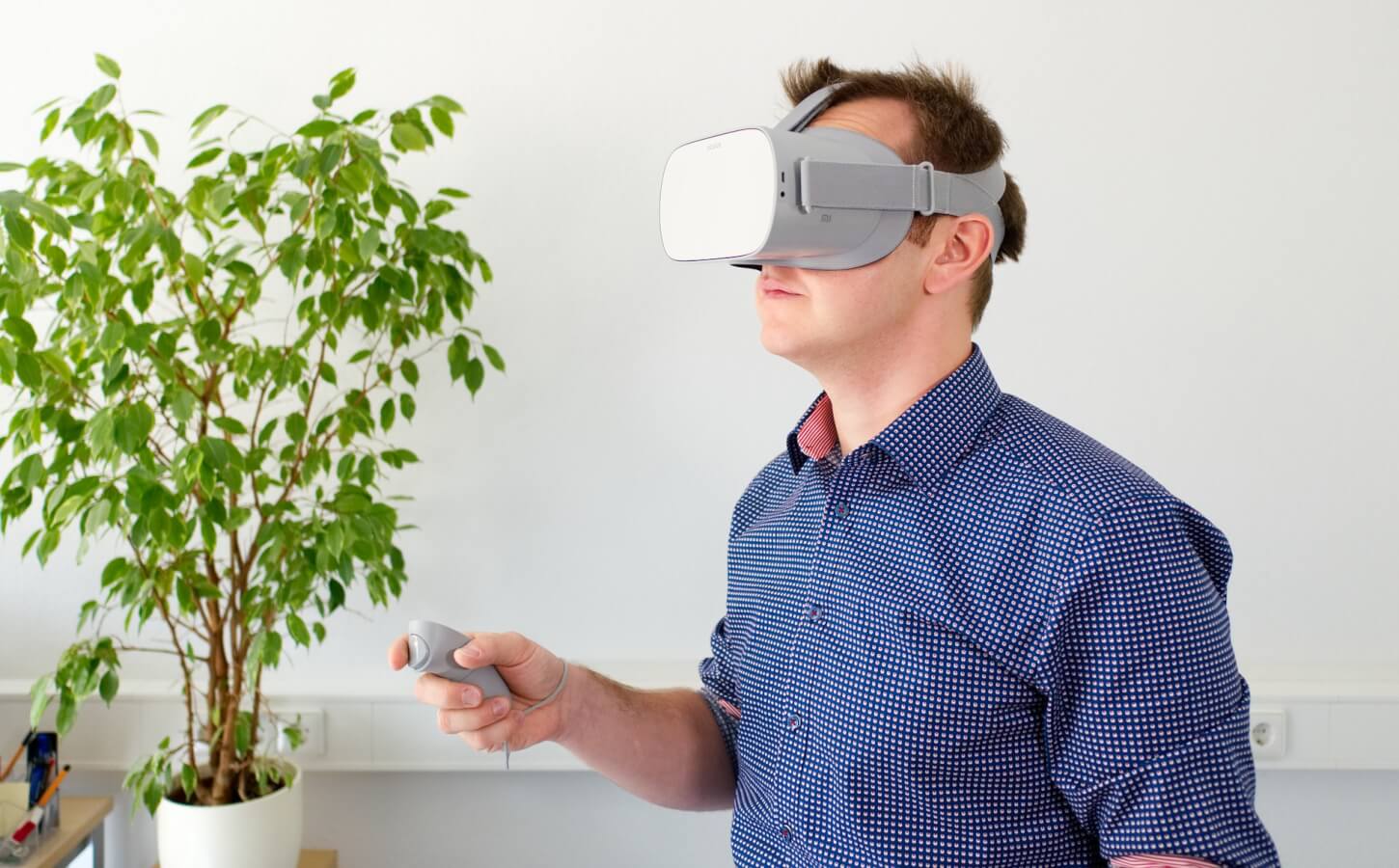What is this metaverse thing? And just how big can it potentially be? Here’s everything you need to know about Facebook and the tech world’s latest obsession.
Amidst the Pandemic pushing almost everything to go digital, It’s only natural that the metaverse has become a topic of discussion in 2021. It seems like now that we’re shopping, socializing and working online, there’s a curiosity to find out what other aspects of daily life we can integrate into the web. This pursuit is where the metaverse comes in.
What is the Metaverse?
In a nutshell, the metaverse is a 3D interactive universe where users can interact using avatars. Metaverses can feel like real life. Using their avatars, users can work, play games, trade, among other things you would be able to do in real life. Well, It seems like the goal is to make metaverses as close to real-life as possible. For now, we’ve got a few different companies offering various elements of metaverse life through their services, such as Facebook’s Horizon, a remote collaboration metaverse, and Epic Game’s Fortnite, the gaming metaverse.
What can you do in The Metaverse?
In the metaverse, you can attend concerts, view and create artworks, try on / buy clothing, take online trips etc. Additionally, the metaverse will streamline the work-from-home model by giving workers access to virtual offices where they can collaborate using hardware like the Oculus VR headsets. The best example of this would be Horizon workrooms by Facebook (Meta). In Horizon, users can bounce in and out of virtual worlds created by different companies. One slight concern is the potential for fragmentation in the space, for example, if some people are in the Facebook metaverse and others in the Microsoft metaverse, will they be able to connect? That’s an important question for big tech companies to answer.
Regarding how the Metaverse might change Digital Art, Ownership and other aspects of daily life: the Head of NFT’s Mateusz Waligórski at Displate.com had to say this.
What is your comment on the metaverse & how it might change digital art & ownership?
Metaverses are not created equal. While we will see more hype around metaverses due to the recent announcement of Facebook rebranding to Meta, Facebook did not coin the term “metaverse”, nor are they the first to create one used globally. Every persistent, shared, 3D virtual space may be called metaverse. Remember Second Life?
While Facebook (Meta?) develops its own metaverse with huge financial backing, there are already projects based on blockchain such as Decentraland or Cryptovoxels governed by decentralized, web3 communities.
Non-Fungible Tokens exist in both of these worlds as a medium and proof of ownership for a variety of things, including digital art. While I strongly believe NFT’s are the future of digital asset exchange (said Head of NFT, duh? :D), I don’t think that metaverses are going to be the driving force behind digital art anytime soon, we are far from mass adoption.
What further innovation can come into effect within this ecosystem?
First and foremost – Miniaturization of AR/VR glasses. I remember playing around with the first Oculus Rift headset, then HTC Vive and Oculus Quest 2. I’m currently waiting for the 4k Playstation VR that will probably come out in the second half of 2022. Each one of them is still a huge piece of equipment that is far from the size of the device that you would want to carry on you at all times.
A huge step in technological advancement would be adding the next level sensory experience. A layer of fake skin, adding haptic feedback, at least for the hands in form of a glove? Count me in.
I would also say that interconnectivity between metaverses is crucial. While I see that happening in web3 metaverses, I don’t see Facebook or any other corporation giving up on the requirement to have their account, specific Terms of Service and/or rules & restrictions agreement before logging in, nor tracking less user data. Imagine this scenario: You wake up on a beautiful beach, the sun is rising, BAM! A travel agency ad is playing in the background, too bad, you can’t skip it. Should’ve paid for the premium account.
Otherwise, we will see the rise of many metaverses, each hosted by a different company or community, governed by different rules, offering a fraction of what true metaverses such as the Internet have to offer. That is something that I would compare to an e-mail service, that you can use only to communicate with people having the same internet provider. Sounds weird, doesn’t it?
Metaverse as A Social Technology
Facebook Rebranding
The Metaverse is showing signs of becoming the flagship social technology of the future. Facebook, now rebranding itself to Meta has invested heavily in augmented & virtual reality. In a keynote video released to announce their bold new direction, Facebook (Meta) CEO Mark Zuckerberg showcased a wide array of features coming to the Meta Metaverse. From creating dedicated virtual spaces for hangouts with friends to playing Augmented Reality based games. An interesting focus in the keynote was Facebook’s dedication to creating virtual workspaces that feel as socially robust as their real counterparts. According to Zuckerberg, people need to imagine a virtual workspace where they can accomplish more than they would in a traditional office with the added benefits of wearing your favourite sweatpants. One interesting mention in the Facebook (Meta) Keynote is the ability to create dedicated spaces where you can store digital representations of furniture and images etc. It seems like digital decor pieces might be added to the list of awesome things to collect in future.
Business In the Metaverse
The Metaverse experience is inherently social. A major aspect of this is shopping. In the current online shopping world, most purchases are confined to a single app, website or game. If you buy custom costumes or skins for virtual characters they cannot be exported and used in other gaming ecosystems. In the future, through the metaverse, there’ll be a possibility of buying goods and services from vendors that can be used across many virtual worlds.
The digital items market is worth more than $10 Billion and Fortnite alone has sold more than $1 Billion worth of digital items. The caveat for Fortnite item buyers is that Fortnite digital items only work in Fortnite, and should the game die off, every item purchased within it will be useless too. Digital items that have real value can exist independently of an entity. This means If Fortnite items had real value they could be used and sold on the open market by individuals regardless if Fortnite was still alive or dead. NFTs are digital items that can be sold or purchased on an open market, and owned and controlled by any individual user, without the permission or support of any centralized company. The difference between the items in Fortnite and an NFT is simple. The buyer of an NFT never has to worry that some company in the cloud is going to stop their service or freeze their account. Cryptocurrencies can be bought and sold under the same premise as NFTs, in a decentralised manner. When the metaverse matures, it could be bustling with decentralised marketplaces where users can buy and trade currencies and resources across a wide range of digital worlds.
Metaverse NFTs, Coins & Blockchain
Mark Zuckerberg’s recent announcement might help Facebook (Meta) in the future, however, in the present, it’s helped dozens of metaverse coins and blockchain NFT projects increase their market cap. The Metaverse coin market cap shot up by over 300% since the announcement and now stands at $23.6 billion, according to cryptocurrency data aggregator CoinGecko.

Two prime examples of NFT tokens blowing up in value after the announcement are Axie Infinity and Decentraland. NFTs are essential to the future of metaverse and multiplayer gaming. They symbolize exclusive ownership of digital items which increases the value of in-game or virtual reality purchases.
Decentraland & Axie Infinity After Facebook’s announcement
Decentraland, which is a decentralised 3D virtual reality platform using the Ethereum blockchain, has hit an all-time high. Decentraland is unique in that it models itself as a world owned by its users. Users can create graphics and land while trading clothing, estates and other digital assets. This is all a part of its unique user-controlled trading system. Up until the recent Facebook announcement the coin had traded under $1. Now it has hit a new record high of $4.69. Like other metaverse coins, Decentraland has Facebook’s recent name change to thank for the spike. Since Facebook’s rebranding, Decentraland’s MANA coin has gained a whopping 300%. That’s incredible considering that it’s been less than a week since the announcement was made.

In the same vein, Axie infinity’s user base has grown by 5% since the Facebook announcement. The blockchain game has seen over 200% growth in revenue over the last three months. After Zuckerberg’s announcement, the game’s AXS token now has an all-time high price of $162.
Facebook Consumers Meta-verse Reaction
It’s clear that the blockchain projects and metaverse tokens have performed well amidst the announcement, however, how did Facebook’s own consumers and the market react? According to a study done by morning consult, consumers feel less strongly about the Meta logo. Roughly 1 in 3 (32%) said they have a favourable opinion of the symbol after they were shown a photo of it. A similar share (30%) reacted unfavourably, and 37 per cent said they have no opinion about it.
Microsoft Metaverse
Big companies like Microsoft have hit the ground running with plans to step into the Metaverse space. Reacting to Facebook’s Horizon, Microsoft has announced its own Metaverse, planned to be built into Microsoft teams. They’ve dubbed it a collaborative platform for virtual experiences with 3-D avatars coming to Teams next year in 2022. Businesses will be able to build their own Virtual Spaces in Teams.

Conclusion
While it seems like the Metaverse and all things that it entails is still in its infancy, there’s certainly a lot to look forward to. It seems like in a world of self-driving cars, high-speed internet and blockchain technology, nothing is too far fetched anymore. As giants like Facebook join the fold and invest millions of dollars into their Meta ambitions, it’s inevitable that this trend will become just as intertwined into our lives as any other internet social media breakthrough we’ve seen in recent years.



































